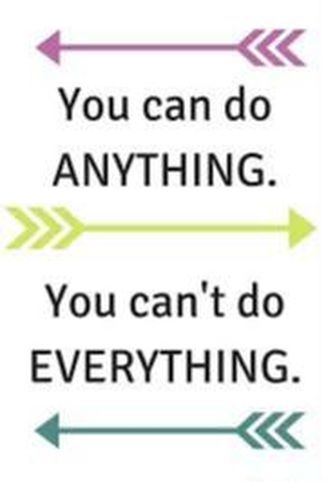Unique Challenges & Strengths of Women in STEM
Although in recent years there have been significant efforts to encourage women to study STEM fields and choose STEM career paths, women remain underrepresented in STEM overall. In fact, women make up only about 30% of overall STEM graduates and occupy only 24% of overall STEM jobs (US Department of Commerce Economics and Statistics Administration Women in STEM report, 2017). A number of factors have been suggested to account for these phenomena:
|
Creating Your Support Network
One of the best ways to not feel so alone in your STEM pursuits is to create your community of support. This can mean seeking out a mentor in your field as well as developing a connection to an academic advisor. But another important way that women in STEM access support is to join campus orgs or other groups that are exclusively for women in STEM. These orgs address the challenges that women may face in STEM, they offer programming to help you better navigate your academic path, they introduce you to mentors in the field, and they provide a community of support of other women in STEM who are just like you. Check out some of the on campus orgs below as well as the next section on the Million Women Mentors to connect to other women in STEM.
Inspiring the Next Generation of Women in STEM
|
|
|
Million Women Mentors
The Million Women Mentors® (MWM) movement supports the engagement of millions of Science, Technology, Engineering and Math (STEM) mentors to increase the interest and confidence of girls and women to persist and succeed in STEM programs and careers by 2020. Two important goals for this network are to increase the percentage of young women pursuing undergraduate degrees in STEM fields and to increase the percentage of women staying and advancing in STEM careers through supporting workforce mentoring programs. Click on the link below to learn more about this network and get connected to a mentor in California or beyond.
|
In their own voice: Finding their passions in science
|
|
|
|
|
|
|
|
|
|
|
|
|
|
|
Proudly powered by Weebly


